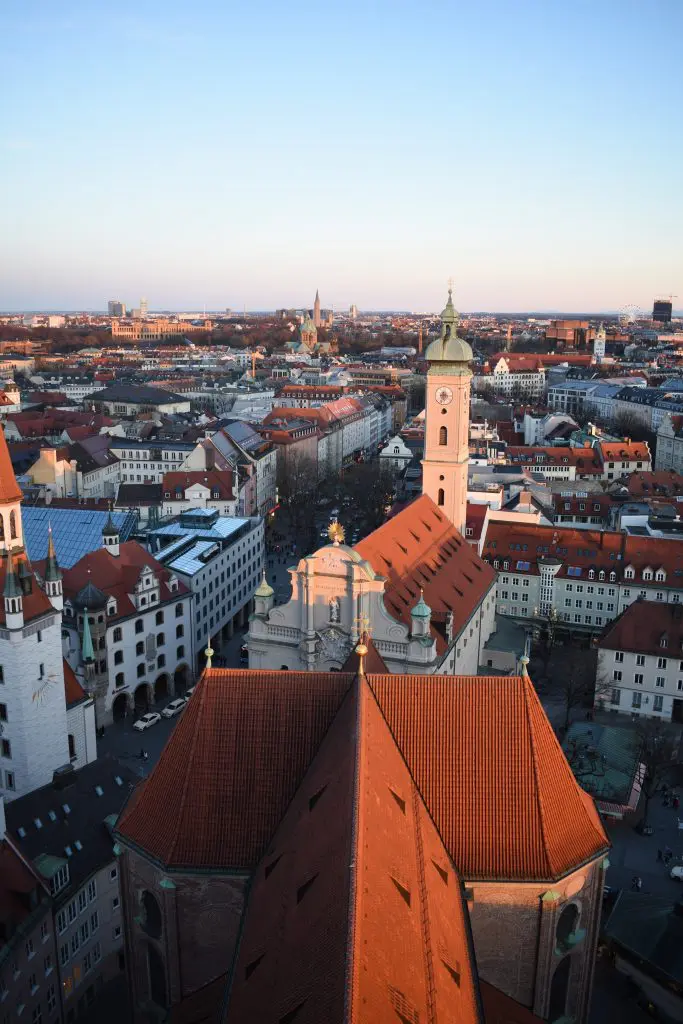
Immigration to Germany
Germany is known for welcoming large numbers of immigrants, especially following the refugee crisis in 2015 during which Germany accepted more than 2 million asylum seekers. As of September 2019, there were more than 11 million people of non-German origin residing in Germany, comprising around ⅛ of its 83 million inhabitants. The majority of these originate from Turkey (2.8 million), Syria (600,000) and Poland (2.2 million).
Demographics of Munich
Munich is Germany’s third largest city, after Berlin and Hamburg, and the capital of Bavaria, a region in the south-east. Its population is currently around 1.5 million inhabitants, as of July 2020, making it the 11th largest city in the European Union. Moreover, Munich is one of the fastest-growing and most prosperous cities in Germany. Therefore, it is increasingly becoming a top destination for tourists and migrants alike.
People of Non-German Origin Living in Munich
As a global centre for many industries such as finance, publishing and tourism, Munich is home to around 420,000 people of non-German origin. This accounts 37% of its population as a whole. Furthermore, 50% of these immigrants come from within the European Union and another 25% have moved to Munich from European countries which are not member states of the EU. Munich therefore has a very strong European community; indeed the top ten countries of origin for migrants is comprised exclusively of European countries.
In addition to people from Europe, Munich also welcomes people of non-German origin from Iraq (12,000), India (9,000) and China (8,400).
- Croatia 38,137
- Turkey 37,876
- Italy 27,821
- Greece 26,560
- Austria 21,046
- Bosnia and Herzegovina 19,692
- Poland 19,101
- Romania 17,980
- Serbia 14,115
- Bulgaria 12,575
